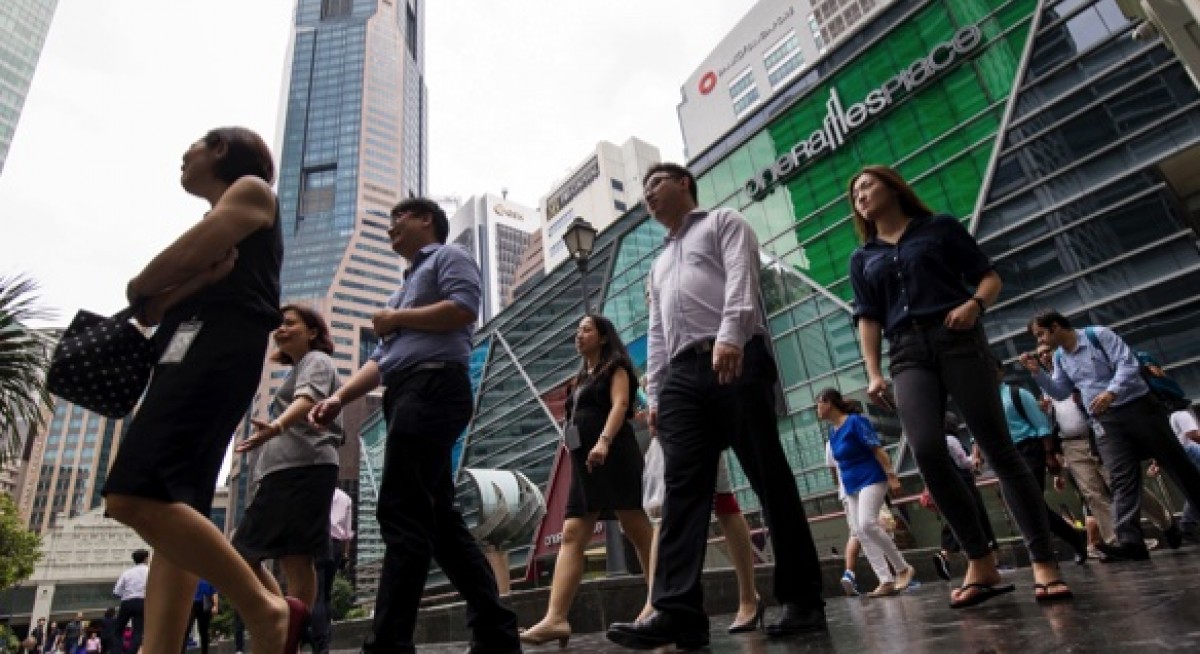The report found that the median salary of CEOs was well over $5 million, including performance bonuses.
This is in stark contrast to the average median monthly salary of an individual employee of just $4,437, including employer CPF contributions, according to the Ministry of Manpower’s statistics.
That works out to $53,244 a year, or a mere 1% of what a CEO in a bank could earn.
Along with discontent over such disparity, the new generation of workforce is exhibiting a loss of faith in business and its purpose.
In the Deloitte Millennial Survey 2018, fewer than half of those surveyed believe businesses behave ethically (48% versus 65% in 2017) and that business leaders are committed to helping improve society (47% versus 62% in 2017).
As our story “The case for inclusive growth" in this week's The Edge Singapore Issue 866 highlights, now more than ever, policymakers need a new system that will focus on the purpose of sustainable, equitable progress.
“Political and business leaders should not expect higher growth to be a panacea for the social frustrations, including those of younger generations who have shaken the politics of many countries in recent years,” said the World Economic Forum when it released the 2017 Inclusive Development Index, which sought to measure growth not just in absolute terms of dollars and cents, but in the broader aspects of socio-economic progress.
This means if nations fails to close the gap, the consequences of economic inequality could be catastrophic — politically, economically and socially.
Subscribe to The Edge Singapore here.



